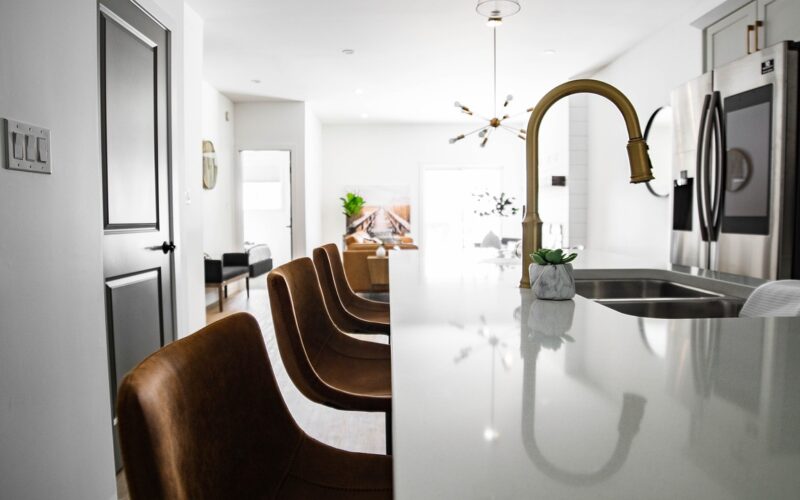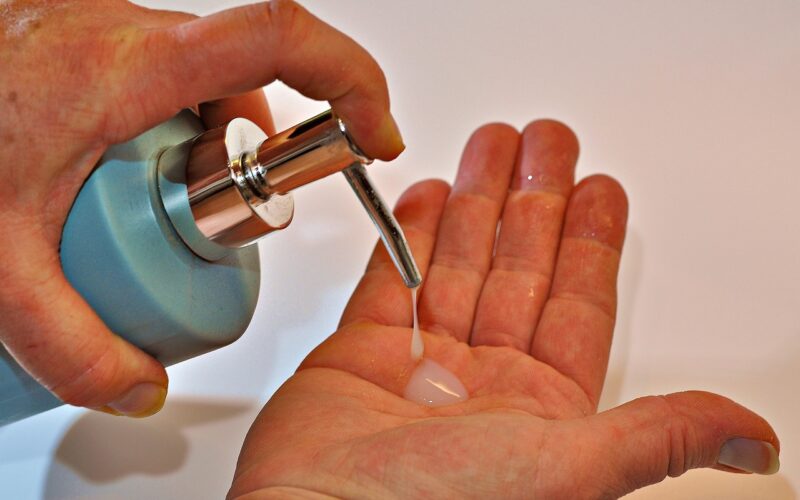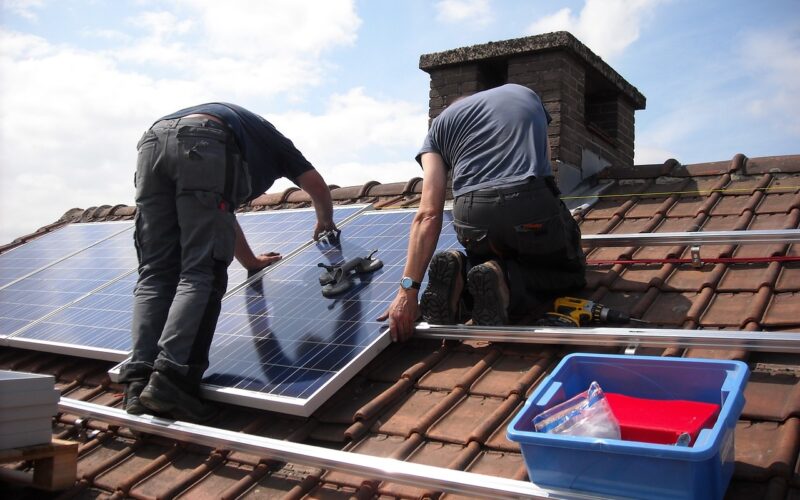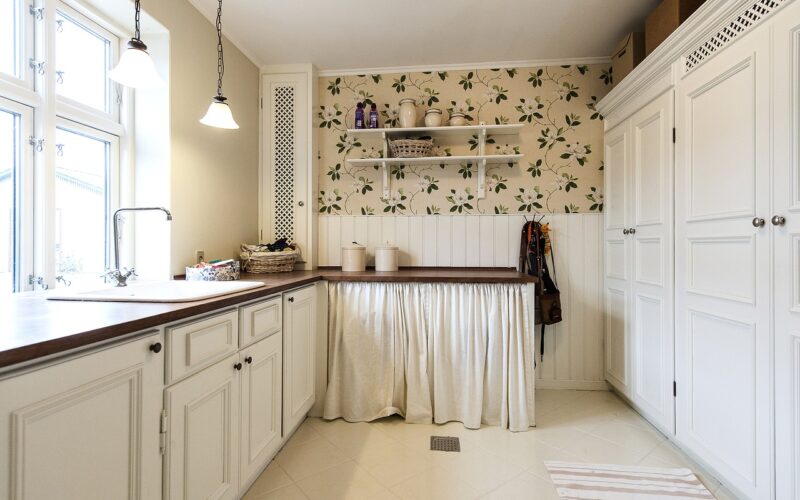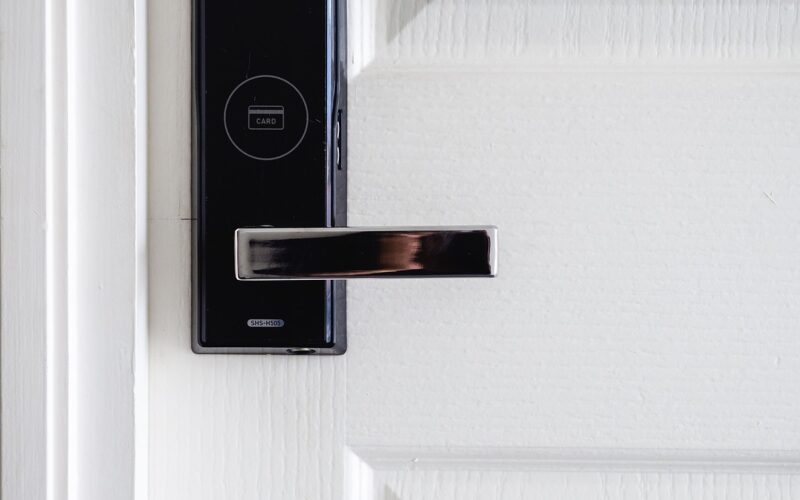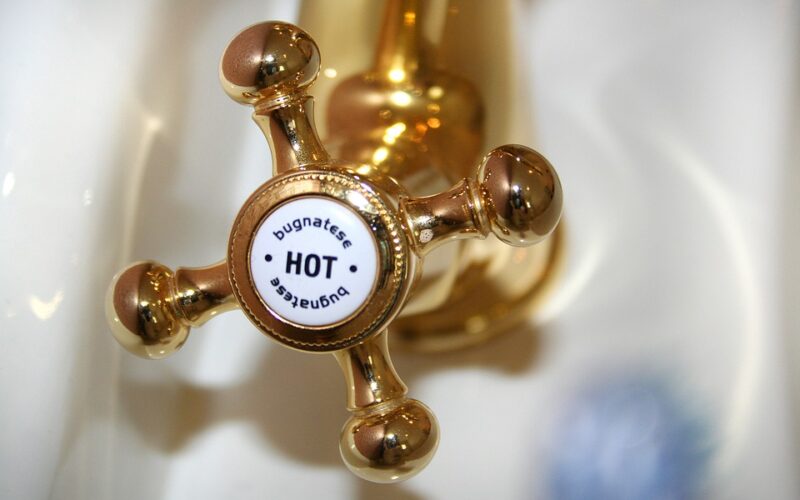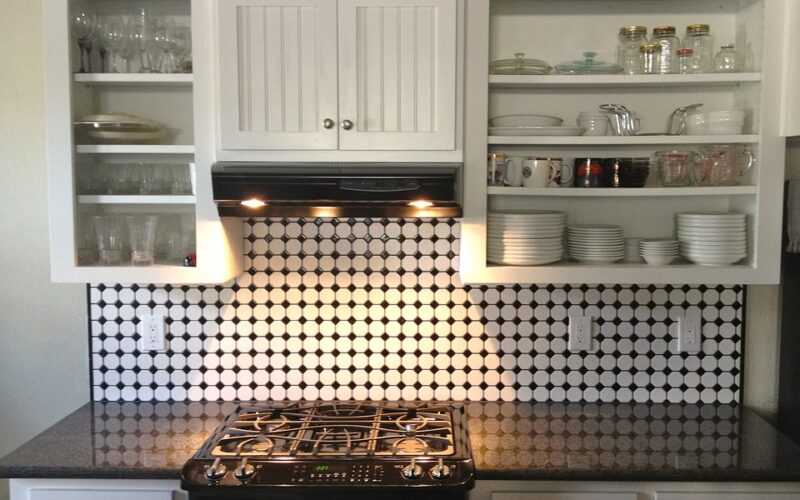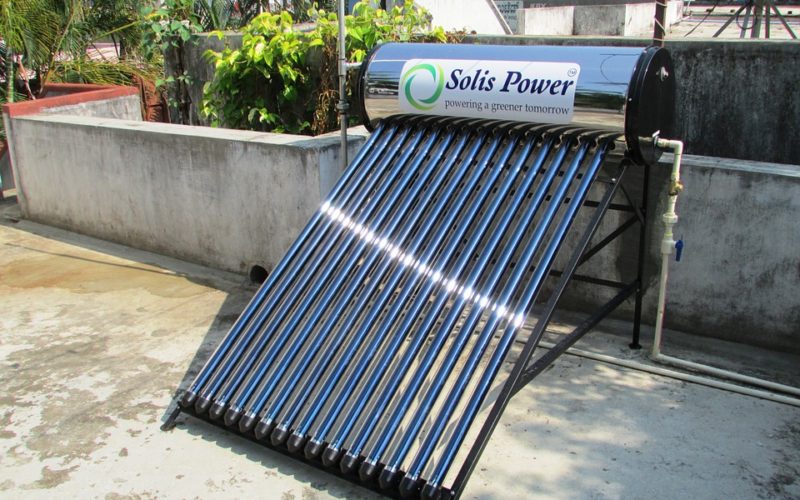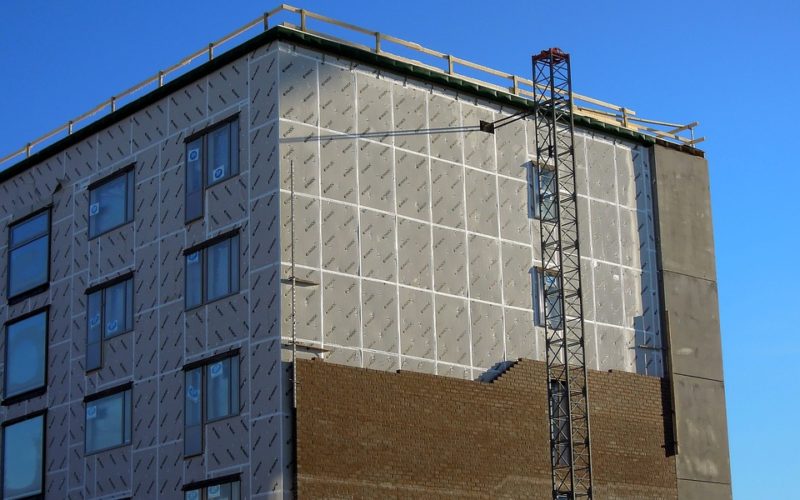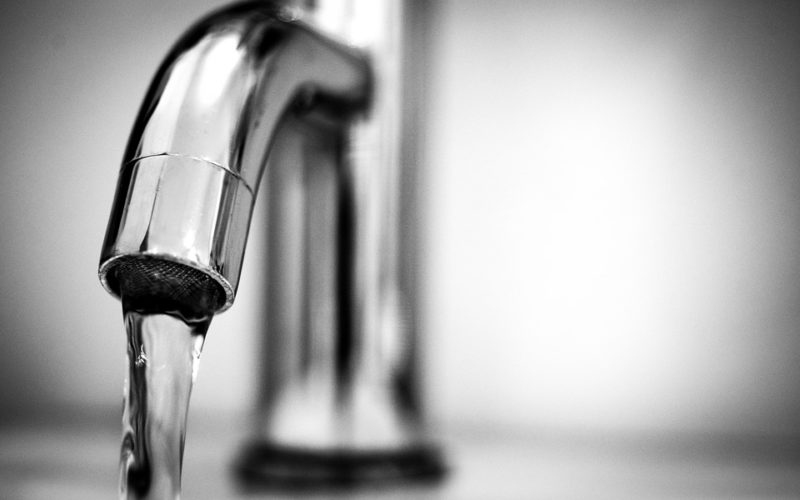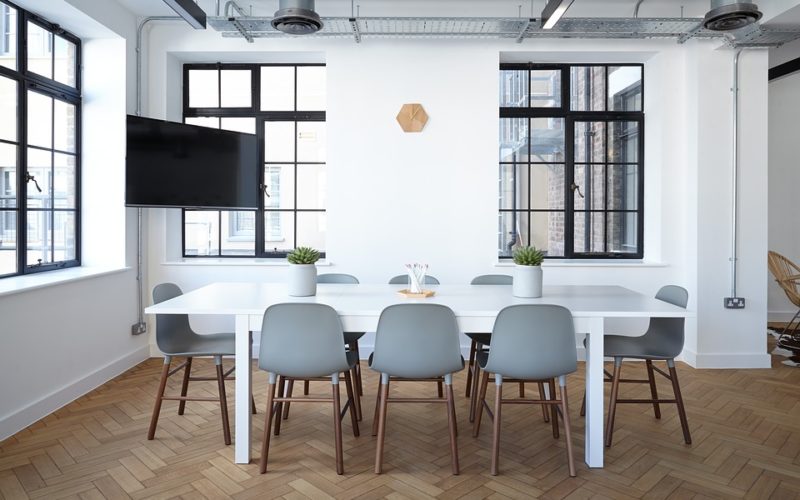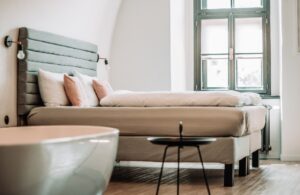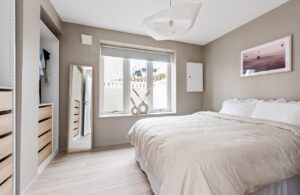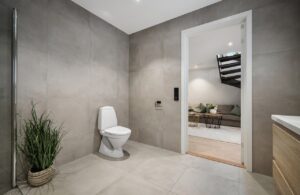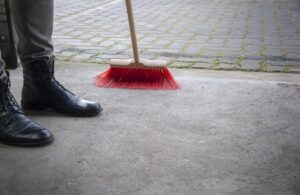Making your home eco-friendly is not just good for the environment; it can also save you money in the long run and improve the quality of living within your personal space. High-performing insulation, energy-efficient lighting, and low-flow fixtures are places to start but remember that sustainable renovations can also involve the skills of a plumber, a bathroom fitter, and even when considering boiler installation. Here's how you can revamp your home while prioritising eco-friendliness.
Start with an energy audit
Before you begin renovations, it's crucial to understand where your home is losing energy. An energy audit can pinpoint areas that need improvement, such as drafts around windows and doors, poor insulation, and inefficient heating systems. Once you have this information, you can prioritise your renovations for the most significant impact. Not to mention, identifying these issues early can save you from unnecessary work, leading to a more cost-effective renovation.
Choose sustainable materials
When selecting materials for your renovation, opt for sustainable options like bamboo flooring or recycled glass countertops. These materials are not only environmentally friendly but also durable and stylish, adding a modern touch to your home. When you hire a bathroom fitter, for example, discuss using low-impact materials that contribute to an eco-friendlier living space without compromising on aesthetics or functionality.
Update your plumbing for efficiency
An experienced plumber can help you achieve a more sustainable home by installing low-flow toilets, faucets, and showerheads, reducing your water consumption significantly. Also, consider re-piping your home with modern materials that are less prone to leaks and may improve water pressure while being more sustainable. Such upgrades can lead to substantial savings on your water bills and a reduced impact on the environment.
Incorporate energy-efficient lighting
Switching to LED lights is one of the simplest yet effective steps you can take during your eco-friendly renovation. LEDs consume significantly less energy than traditional light bulbs and have a longer lifespan, meaning you'll save on both energy bills and the need for frequent replacements. Additionally, you can incorporate natural light strategies like skylights or solar tubes to lessen the need for artificial lighting during the day.
Consider a high-efficiency boiler installation
Your heating system plays a massive role in your home's energy consumption. Hiring a professional for a modern boiler installation can be a game-changer for efficiency. Modern boilers are designed to use fuel more effectively, converting most of it into usable heat, which means less waste and lower heating costs. Furthermore, these systems often take up less space and operate more quietly than their older counterparts.
Install proper insulation
Good insulation is the backbone of an energy-efficient home. It helps maintain a comfortable indoor temperature year-round, reducing the need for heating and cooling. Insulation can be placed in the attic, walls, floors, and around ductwork to minimise energy loss. While insulation can be a significant upfront cost, the energy savings over time typically offset this investment.
Adopt smart home technologies
Smart home technologies can help you manage your home's energy consumption more efficiently. Smart thermostats learn your habits and adjust the heating and cooling systems accordingly, while smart lighting can be scheduled to turn off automatically when not needed. These intelligent solutions promote an eco-friendly lifestyle by ensuring that your home uses resources only when necessary.
There are numerous ways to renovate your home to make it more eco-friendly. By conducting an energy audit, choosing sustainable materials, upgrading your plumbing, opting for energy-efficient lighting and boiler systems, ensuring your home is well-insulated, and adopting smart home technologies, you're paving the way for a greener future. Not only will these renovations contribute positively to the environment, but they will also often result in cost savings for homeowners.
Whether you're speaking with a plumber, a bathroom fitter, or a heating specialist about boiler installation, remember to emphasise your eco-friendly intentions and leverage their expertise to make your home as energy-efficient and sustainable as possible.
